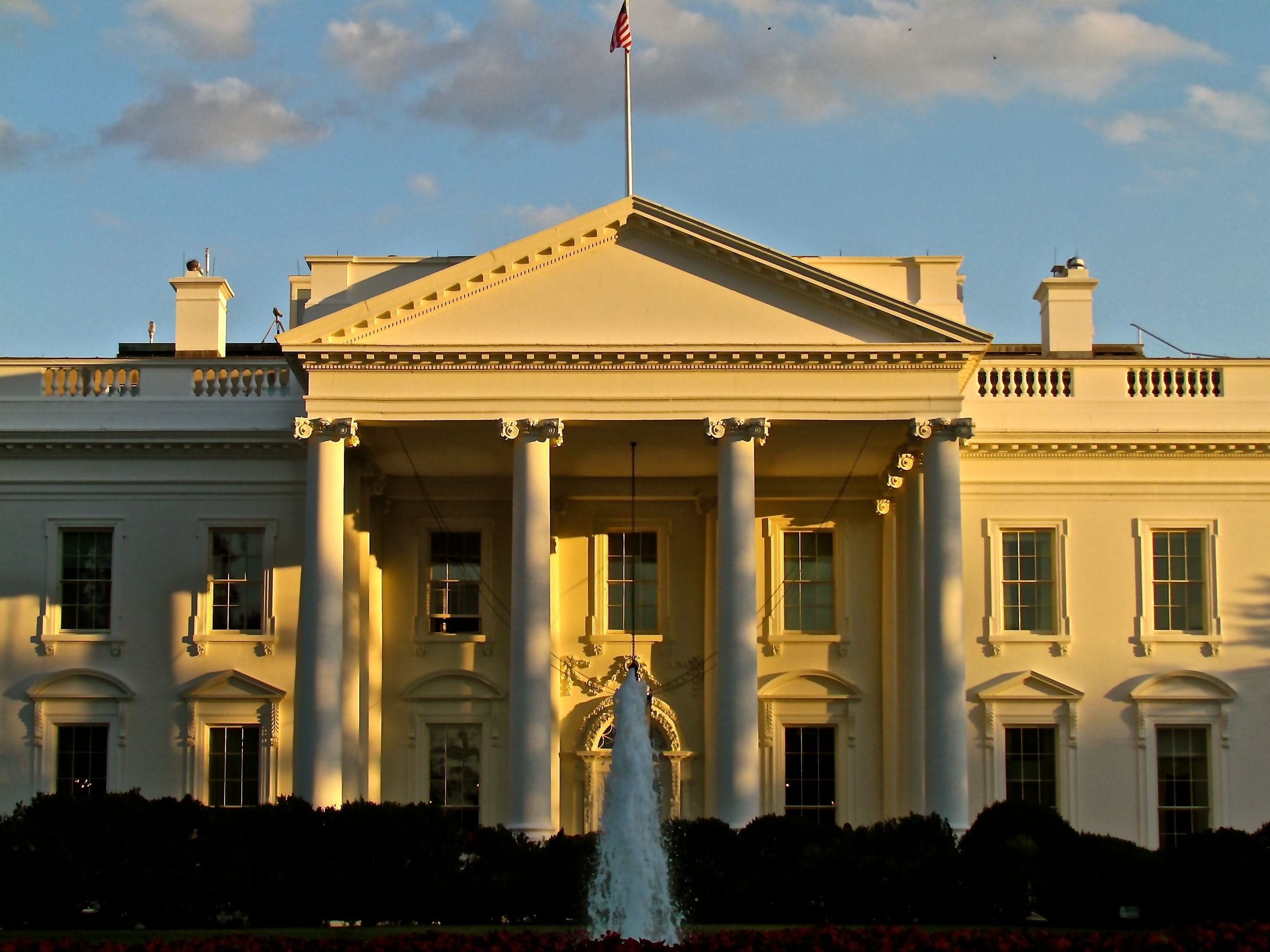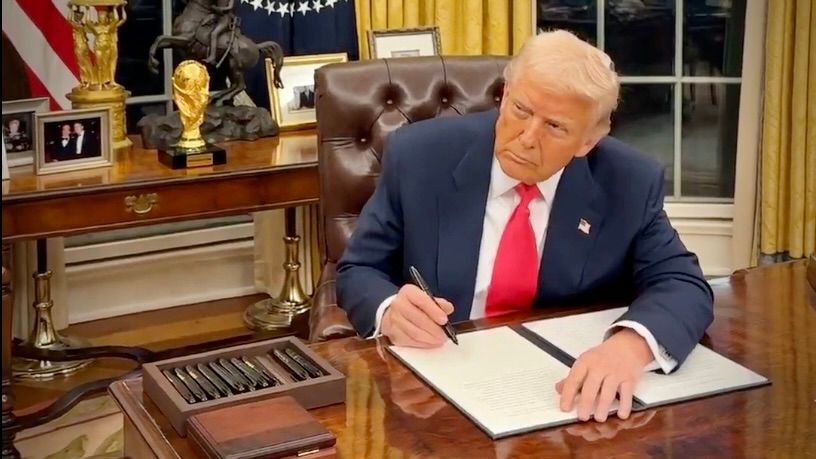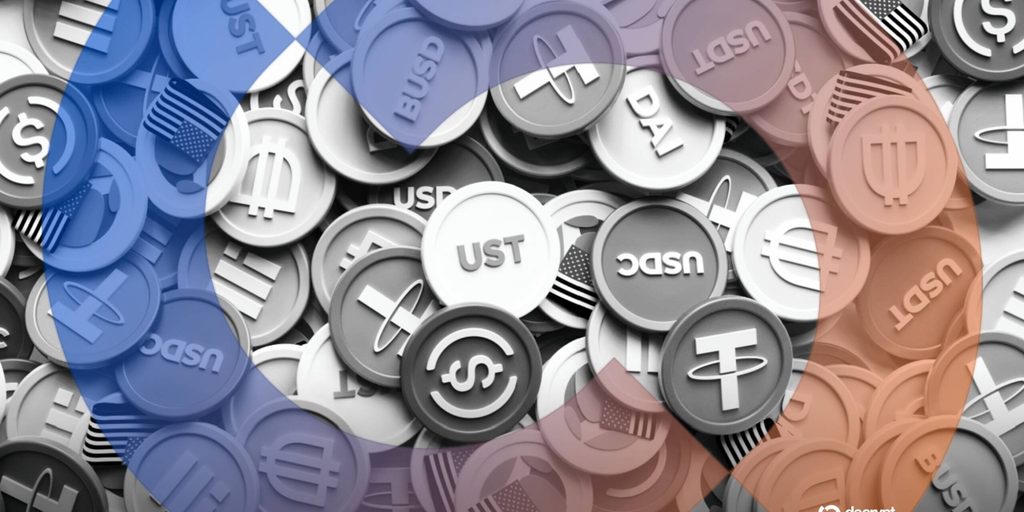Structured Products and Blockchain: Unlocking New Opportunities
Introduction
Structured products have traditionally been the domain of institutional investors, offering tailored risk-return profiles by combining various assets and derivatives. The advent of blockchain technology has the potential to revolutionize this market segment, promising significant cost reductions, enhanced composability, and improved accessibility.
The Global Structured Notes Market
The global structured notes market is estimated to be worth more than $2 trillion, with a vast majority of the market dominated by institutional investors. However, the potential for this market segment is enormous, with blockchain technology poised to widen the breadth of the market from origination to investor base.
Cost Reductions
Blockchain technology has the potential to significantly reduce costs associated with structured products. By leveraging decentralized ledgers and smart contracts, the need for intermediaries and custodians can be eliminated, resulting in substantial cost savings. This, in turn, can make structured products more accessible to a wider range of investors, including retail investors.
Enhanced Composability
Blockchain technology also enables enhanced composability, allowing investors to create complex risk-return profiles by combining various assets and derivatives. This can be achieved through the use of decentralized exchanges and platforms, which can facilitate the creation of customized structured products tailored to individual investor needs.
Improved Accessibility
The use of blockchain technology can also improve accessibility to structured products, making it easier for investors to participate in the market. By leveraging decentralized platforms and exchanges, investors can access structured products from anywhere in the world, at any time, and with minimal costs.
Origination and Investor Base
Blockchain technology has the potential to widen the breadth of the structured notes market from origination to investor base. By leveraging decentralized platforms and exchanges, originators can access a wider range of investors, including retail investors, and create customized structured products tailored to individual investor needs.
Challenges and Opportunities
While blockchain technology has the potential to revolutionize the structured notes market, there are several challenges and opportunities that need to be addressed. These include:
* Regulatory hurdles: Blockchain technology is still in its early stages, and regulatory frameworks are still evolving. Originators and investors need to be aware of the regulatory landscape and ensure compliance with relevant laws and regulations.
* Investor education: Many investors are still unfamiliar with structured products and blockchain technology. Education and awareness campaigns are necessary to ensure that investors understand the benefits and risks of investing in structured products.
* Liquidity: The liquidity of structured products can be a challenge, particularly for smaller investors. Blockchain technology can help address this challenge by facilitating the creation of decentralized exchanges and platforms.
Conclusion
Blockchain technology has the potential to revolutionize the structured notes market, offering significant cost reductions, enhanced composability, and improved accessibility. While there are several challenges and opportunities that need to be addressed, the potential benefits of blockchain technology make it an exciting and promising development for the structured notes market.
FAQs
Q: What is the global structured notes market worth?
A: The global structured notes market is estimated to be worth more than $2 trillion.
Q: How can blockchain technology reduce costs associated with structured products?
A: Blockchain technology can reduce costs associated with structured products by eliminating the need for intermediaries and custodians, resulting in substantial cost savings.
Q: How can blockchain technology enhance composability in structured products?
A: Blockchain technology can enhance composability in structured products by enabling the creation of complex risk-return profiles through the use of decentralized exchanges and platforms.
Q: How can blockchain technology improve accessibility to structured products?
A: Blockchain technology can improve accessibility to structured products by making it easier for investors to participate in the market, with minimal costs and from anywhere in the world.
Q: What are the regulatory hurdles associated with blockchain technology in the structured notes market?
A: Regulatory frameworks for blockchain technology are still evolving, and originators and investors need to be aware of the regulatory landscape and ensure compliance with relevant laws and regulations.








